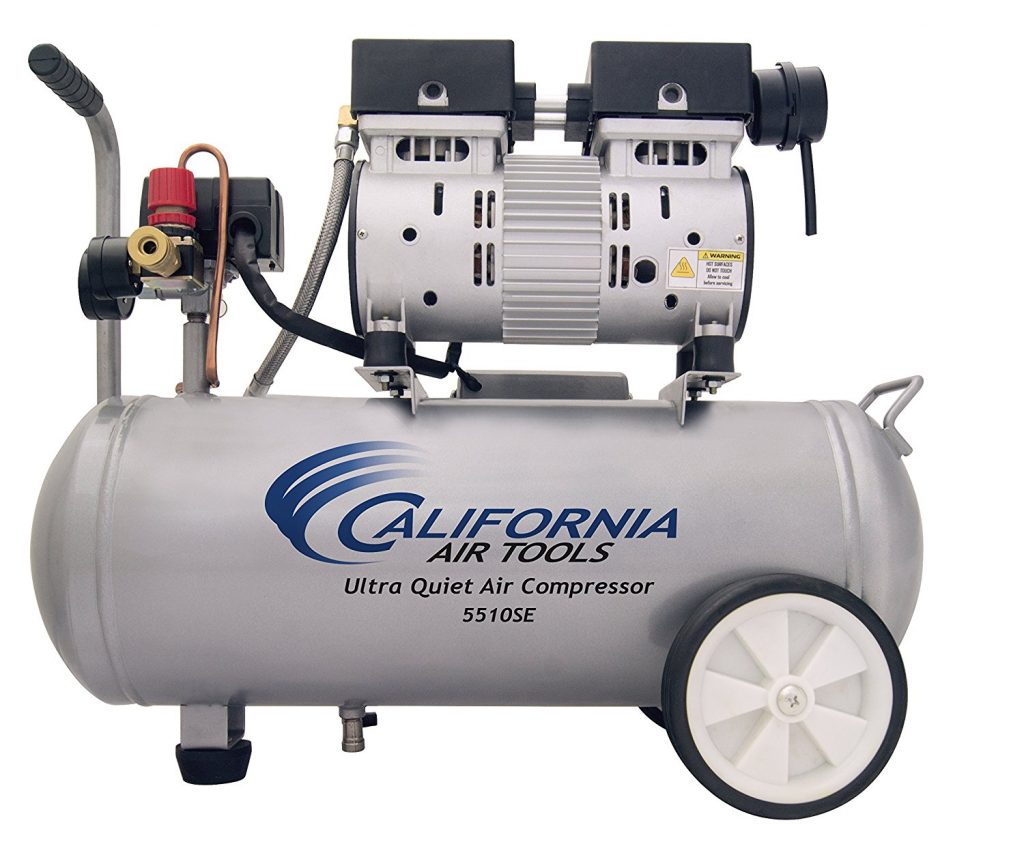When it comes to industrial air compressors, proper maintenance is the key to ensuring their longevity and optimal performance. Regular maintenance not only maximizes efficiency and productivity but also prevents costly breakdowns and downtime. In this article, we will provide expert advice on air compressor maintenance, including the importance of an air compressor maintenance plan, the benefits of professional air compressor service, and the value of a compressed air audit.
Understanding Your Industrial Air Compressor
Before delving into maintenance practices, it’s crucial to have a good understanding of your industrial air compressor. Familiarize yourself with its components, such as the compressor unit, motor, air filters, belts, and control panel. Take the time to read the manufacturer’s manual to ensure you are aware of the specific maintenance requirements and recommendations for your air compressor model.
The Importance of an Air Compressor Maintenance Plan
An air compressor maintenance plan is a proactive approach to ensure the smooth operation and longevity of your equipment. It involves scheduled inspections, cleaning, lubrication, and other essential maintenance tasks. By adhering to a maintenance plan, you can catch potential issues early on and address them before they escalate into costly repairs or equipment failure. A well-designed maintenance plan will maximize the lifespan of an industrial air compressor and minimize unplanned downtime.
Benefits of Professional Air Compressor Service
While some maintenance tasks can be performed in-house, engaging the services of a professional air compressor service provider offers numerous benefits. These experts have the knowledge, experience, and specialized tools to conduct thorough inspections, diagnose problems accurately, and perform maintenance tasks efficiently. They can also identify potential energy-saving opportunities and provide recommendations to optimize your air compressor system’s performance.
The Value of a Compressed Air Audit
A compressed air audit is a comprehensive assessment of your air compressor system’s efficiency and performance. This audit evaluates factors such as air leaks, pressure levels, and overall system design. By conducting a compressed air audit, you can identify areas for improvement and implement energy-saving measures. This not only reduces energy costs but also enhances the productivity and reliability of your air compressor system.
Regular Inspection and Cleaning
Routine visual inspections are essential for detecting leaks, wear, and damage. Regularly check the air filters and clean or replace them as necessary to ensure proper airflow. Additionally, inspect and tighten all connections and fittings to prevent air leaks that can affect the efficiency of your industrial air compressor.
Lubrication and Oil Changes
Proper lubrication is vital for the smooth operation and longevity of your air compressor. Follow the manufacturer’s guidelines for lubrication frequency and use the recommended lubricants. Regularly check and change the oil to maintain its quality and ensure optimal performance.
Pressure Control and Adjustment
Monitoring and adjusting the pressure settings of your air compressor are crucial for efficient operation. Operating at the appropriate pressure level for each task helps conserve energy and prevent excessive wear on the system. Regularly check for pressure drops and leaks, and address them promptly to maintain consistent and reliable performance.
Draining Moisture and Condensate
Moisture and condensate can accumulate in the air compressor system, leading to corrosion and decreased efficiency. Regularly drain the moisture and condensate from the tanks and receivers using the designated drain valves. Follow the recommended draining frequency and best practices to prevent water buildup and potential damage to your equipment.
Belt and Motor Maintenance
Inspecting and replacing worn or damaged belts is crucial for the proper functioning of your air compressor. Ensure proper tensioning and alignment of belts to prevent slipping and premature wear. If your system has an electric motor, perform regular maintenance, including cleaning and lubrication, according to the manufacturer’s guidelines.
Safety Precautions
During air compressor maintenance, safety should be a top priority. Follow safety guidelines, such as wearing appropriate personal protective equipment (PPE), when conducting maintenance tasks. Be aware of potential hazards, such as electrical risks or compressed air accidents, and take necessary precautions to mitigate them.
Troubleshooting and Repairs
Even with regular maintenance, issues may arise with your industrial air compressor. In such cases, it’s essential to have a troubleshooting process in place. Identify common issues and their potential causes, and systematically troubleshoot to diagnose and resolve problems. If you encounter complex issues or require specialized repairs, don’t hesitate to seek professional assistance from reliable air compressor service providers.
Conclusion
By following expert advice on air compressor maintenance, you can maximize the efficiency and productivity of your industrial air compressor. Establishing an air compressor maintenance plan, engaging professional air compressor service, and conducting a compressed air audit are essential steps to ensure optimal performance and minimize downtime. Remember to prioritize regular inspection and cleaning, proper lubrication, pressure control, and draining of moisture. With these maintenance practices in place, your industrial air compressor will serve your needs reliably and efficiently for years to come.

